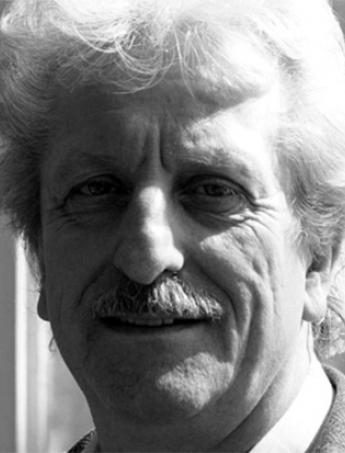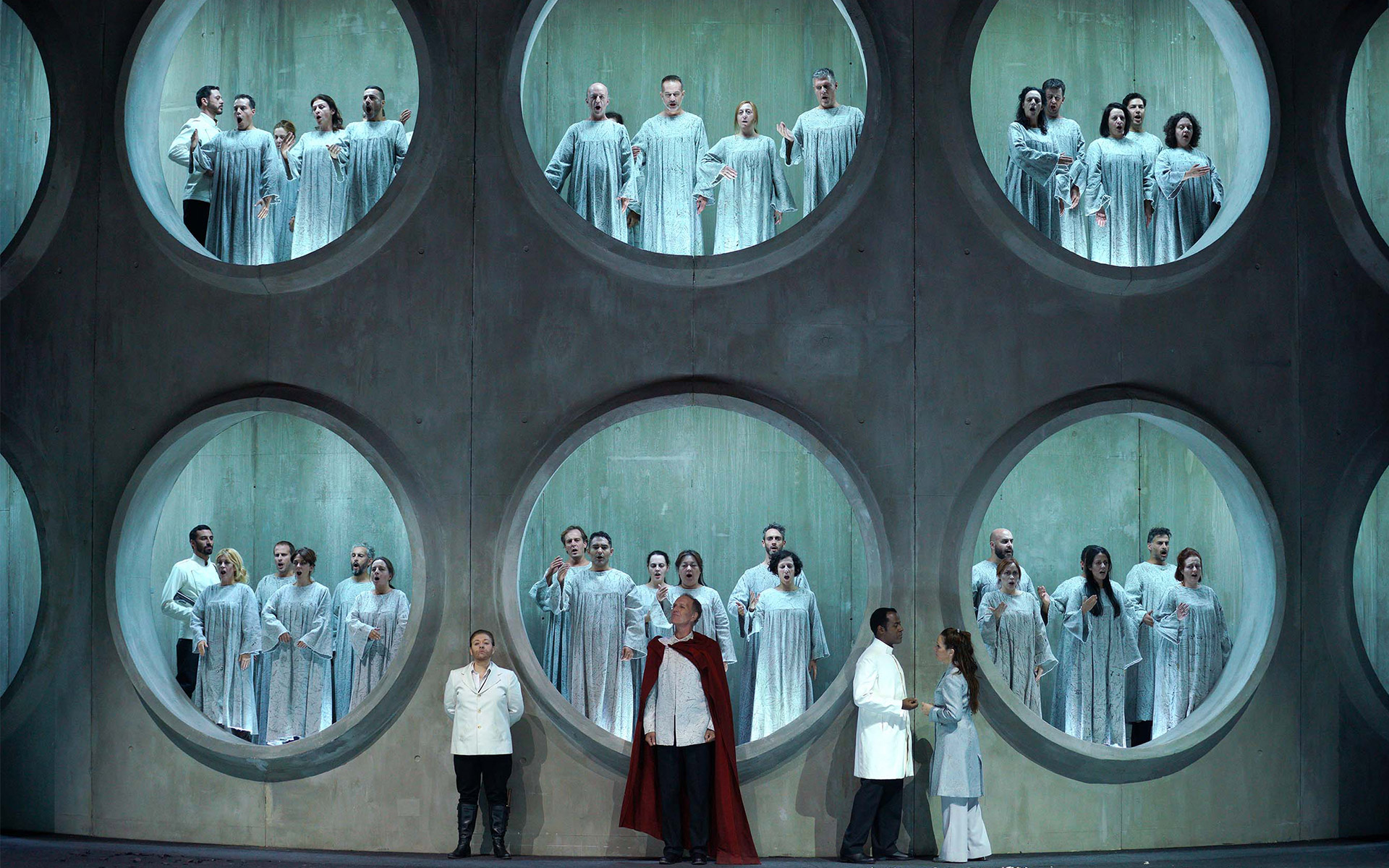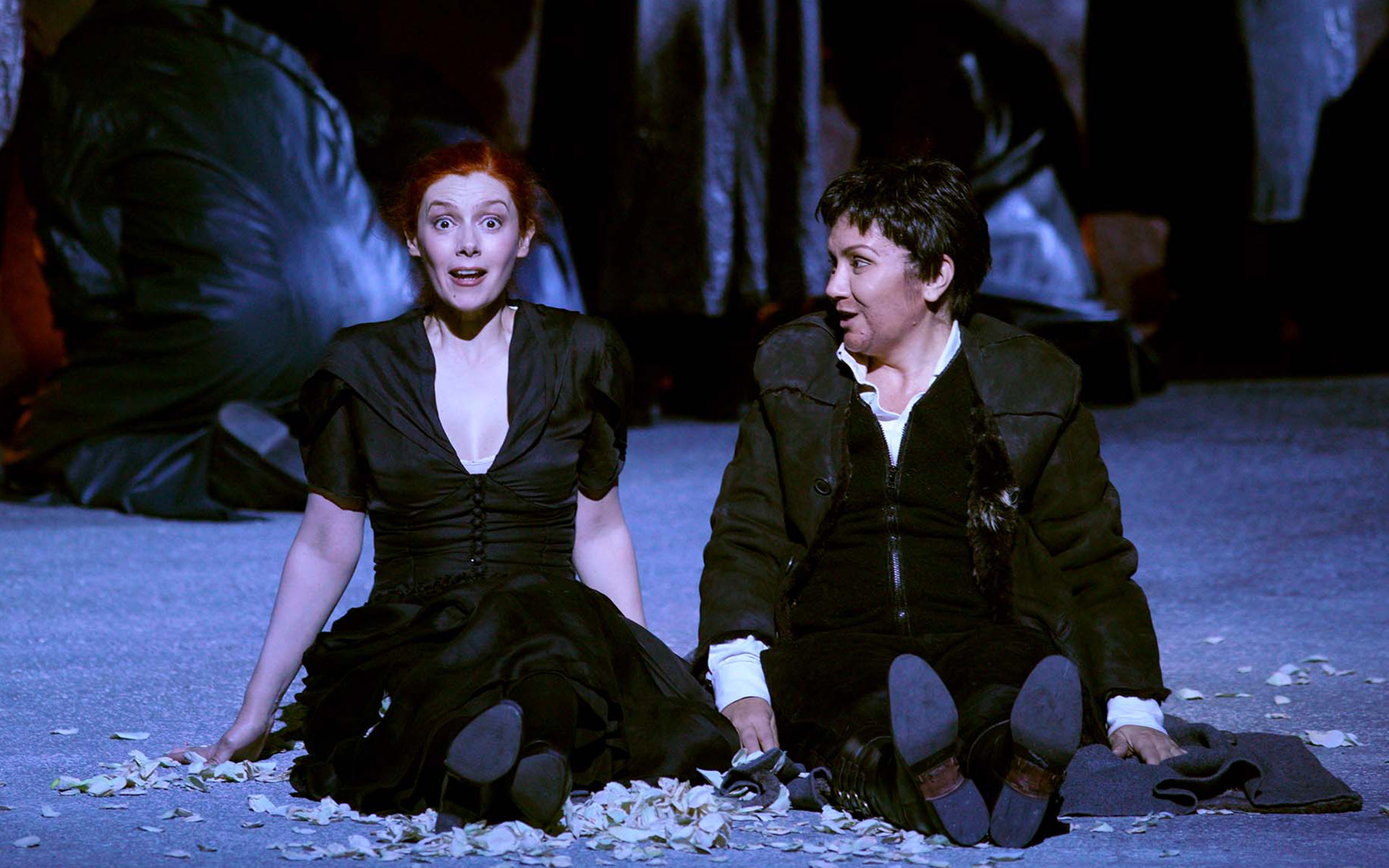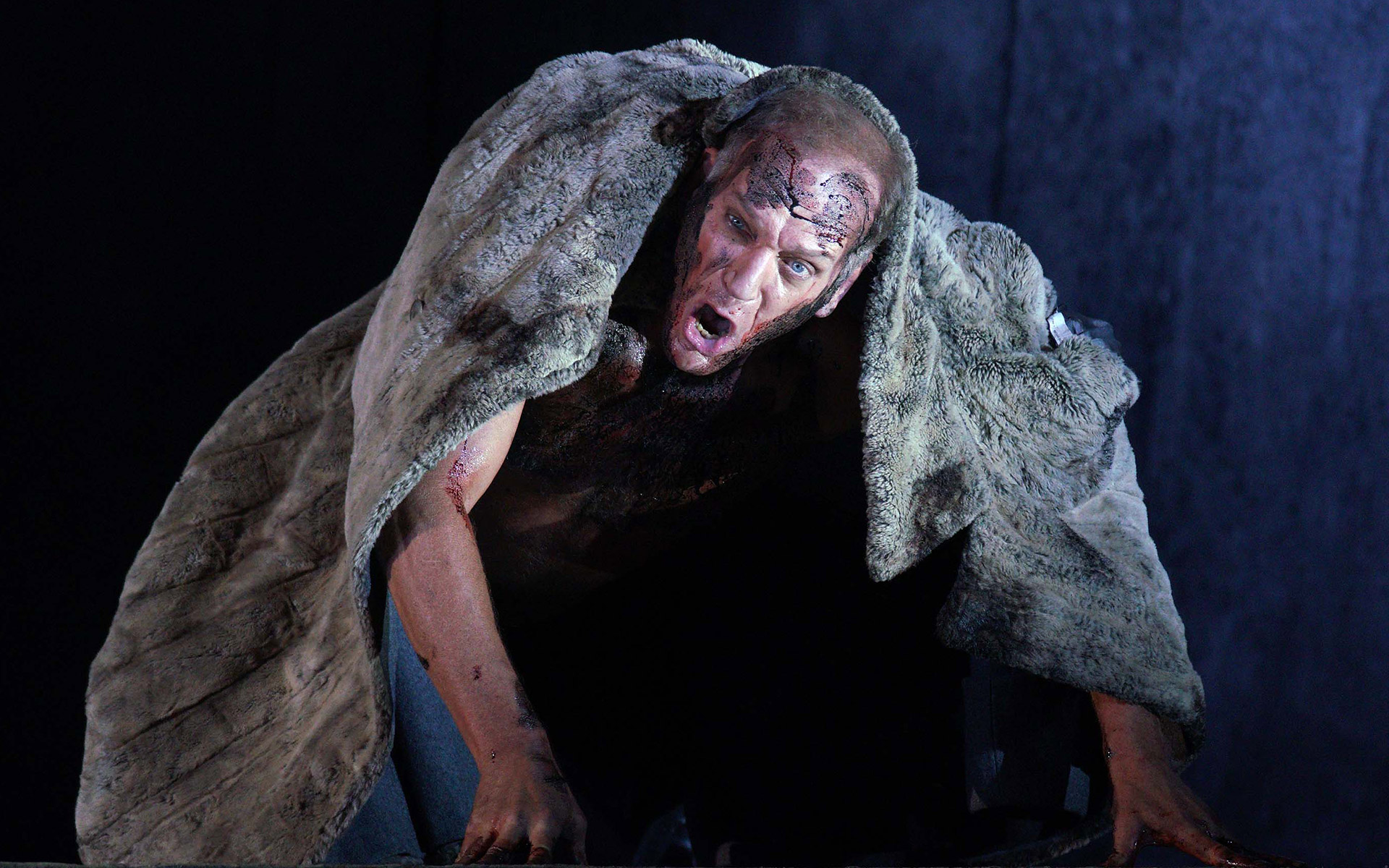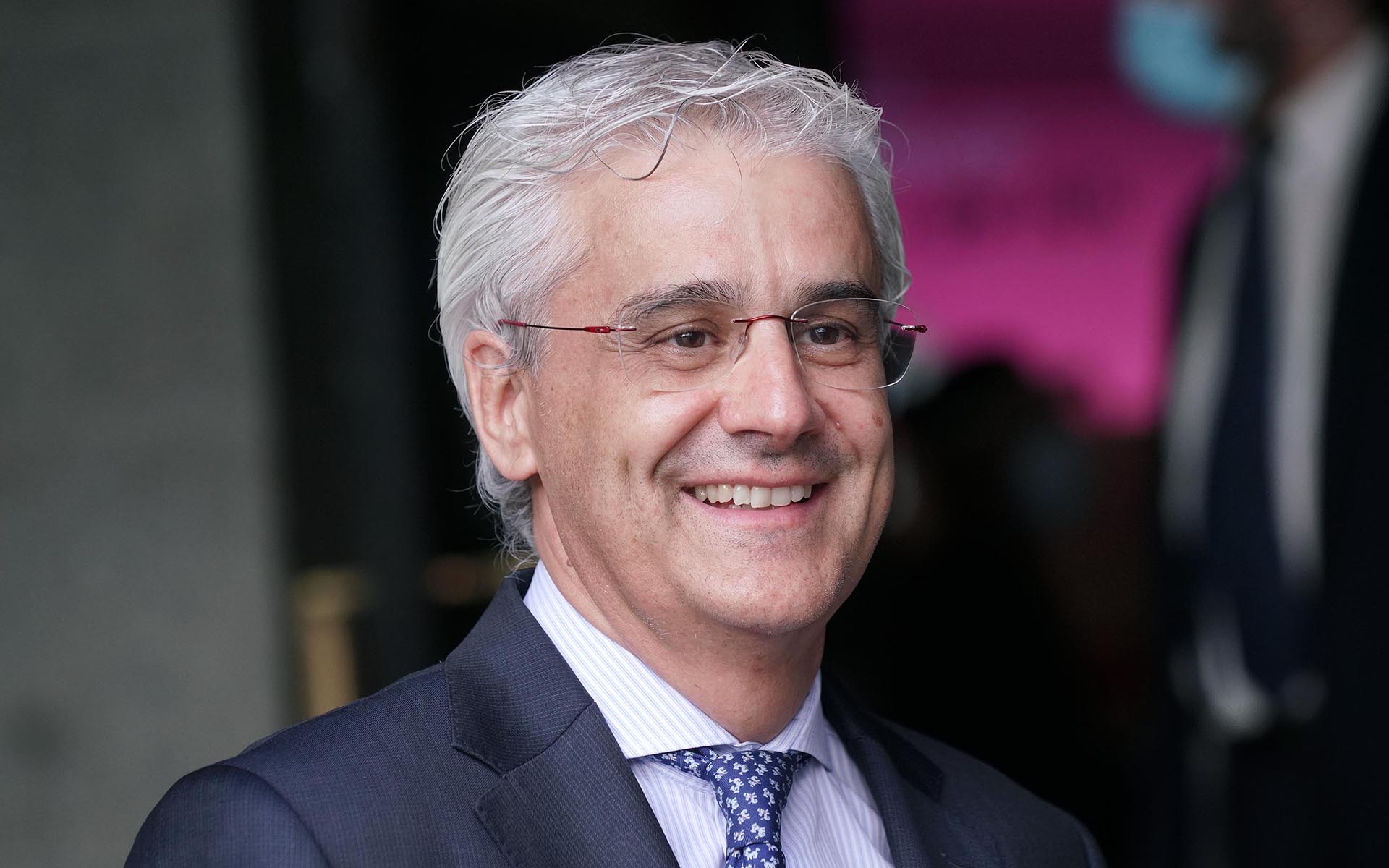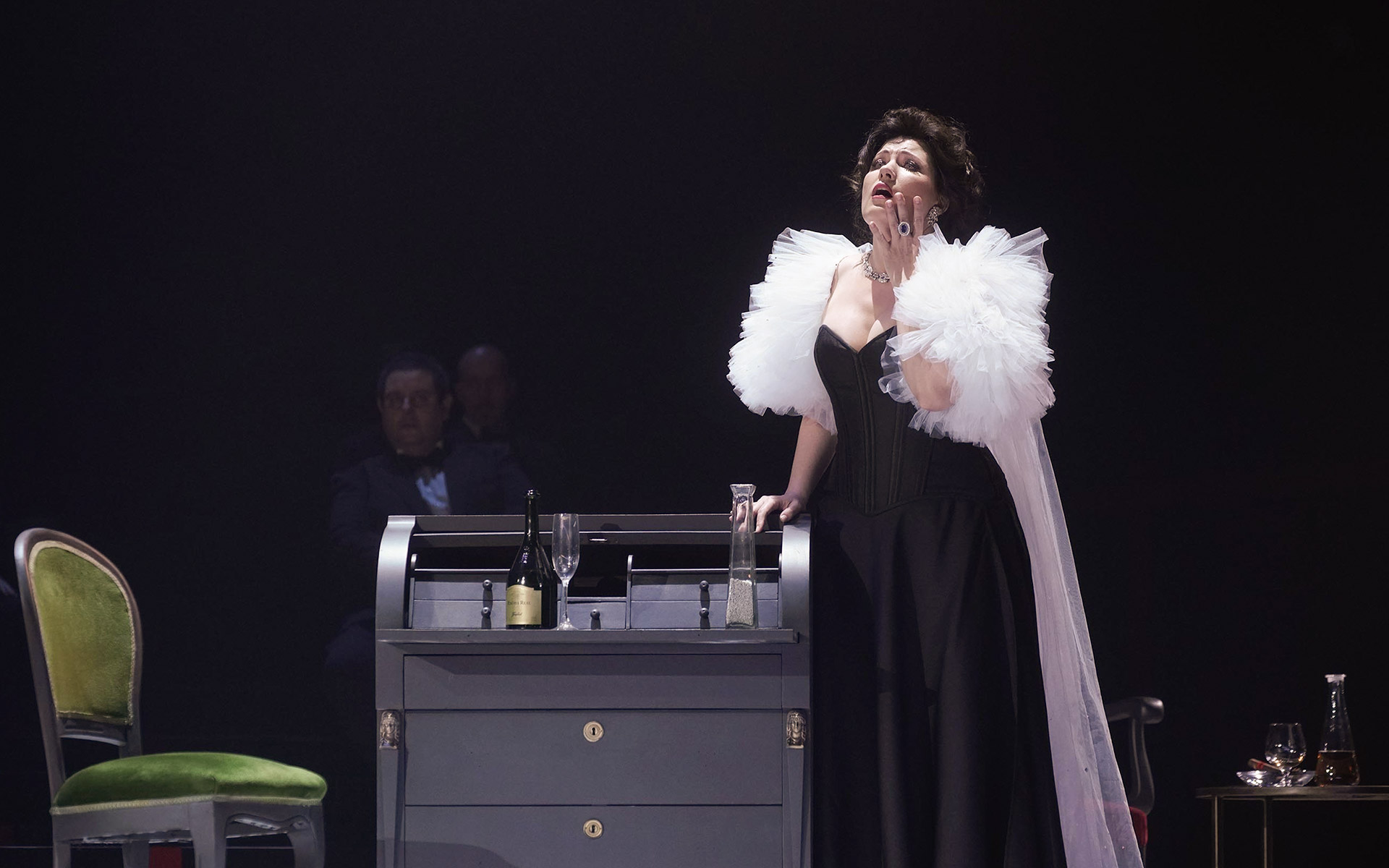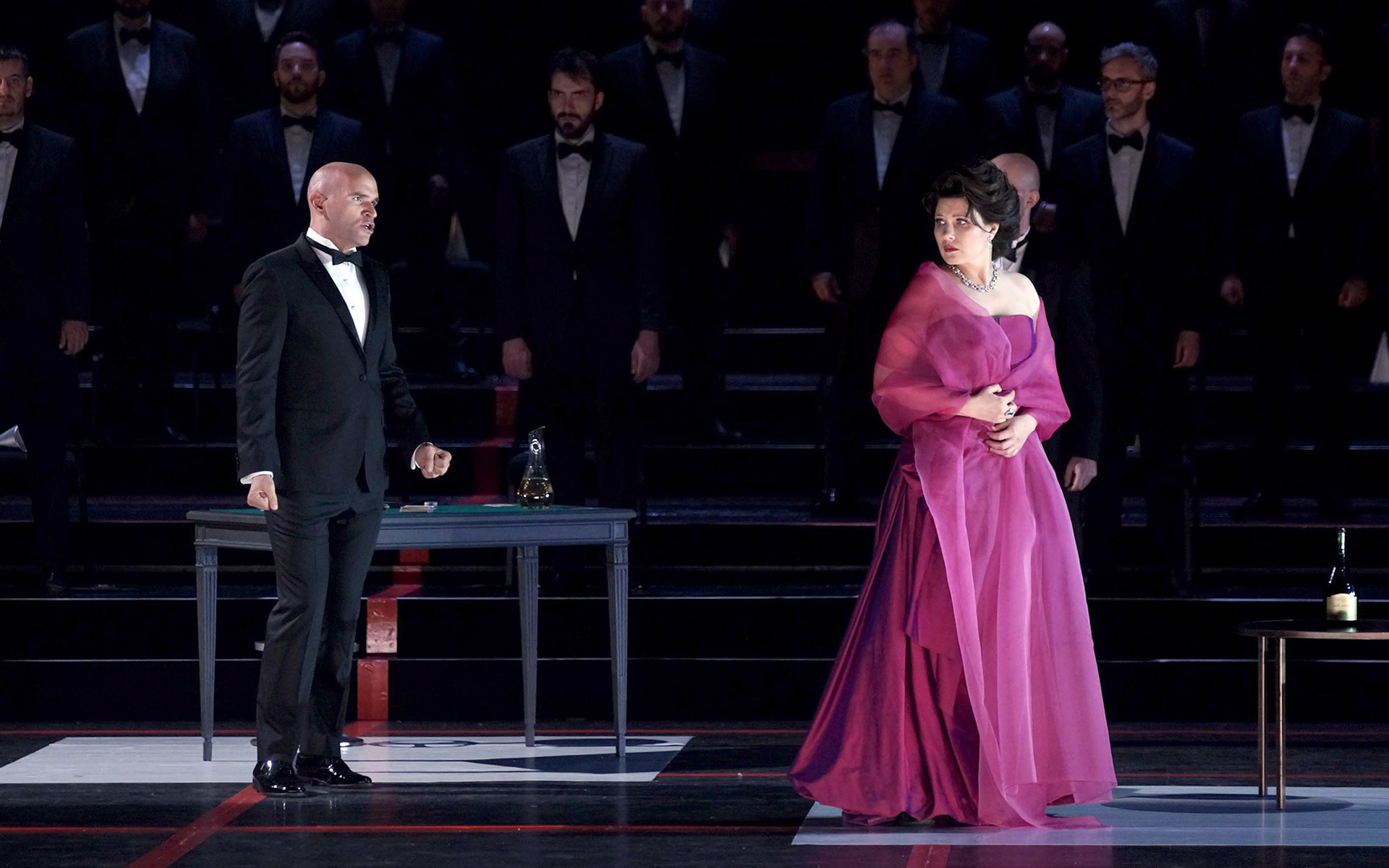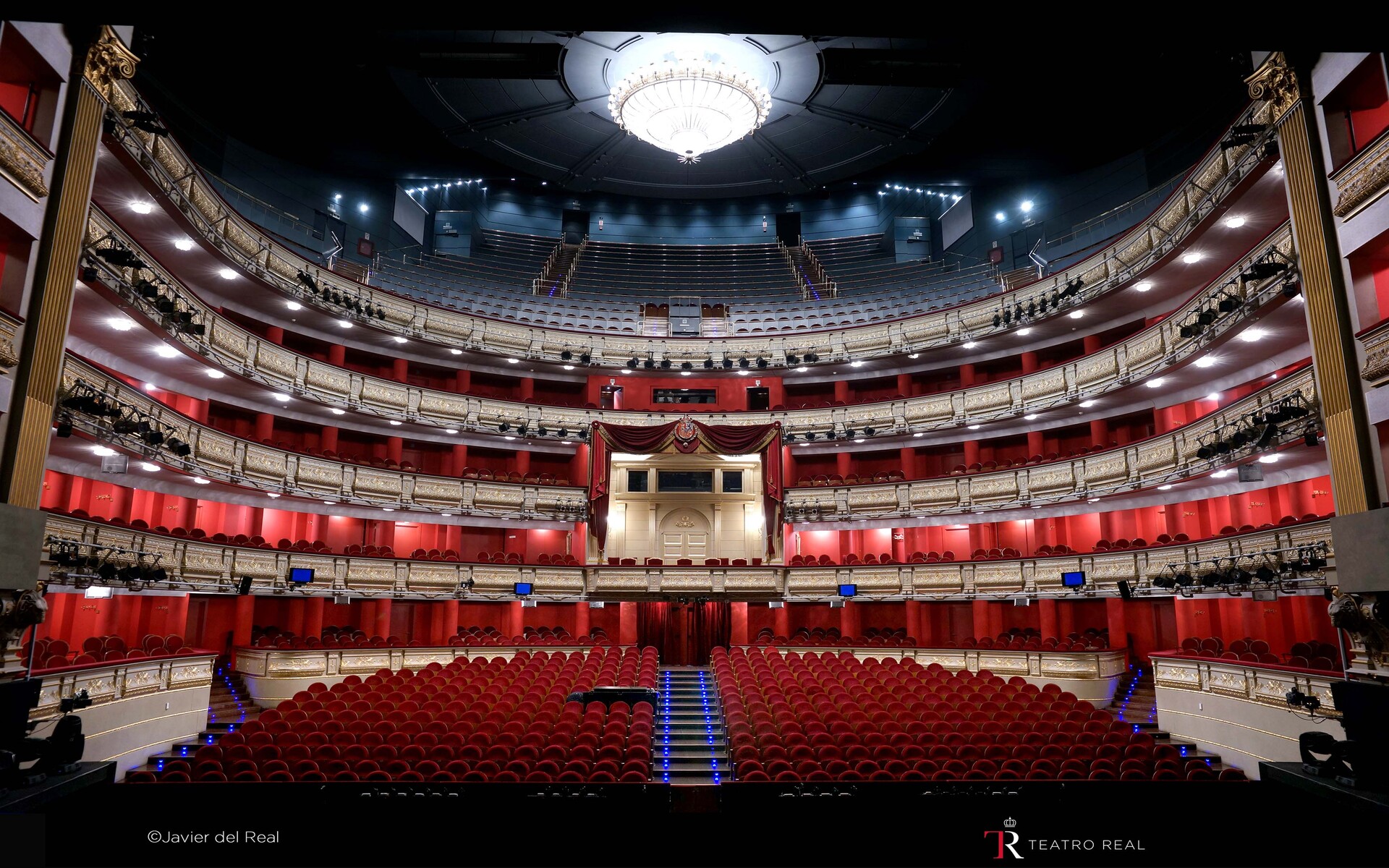Encuentro con los artistas de la producción. Jueves, 7 de septiembre, 20.15 h. Sala Gayarre. Acceso libre. Aforo limitado.
Opera
Wolfgang Amadeus Mozart
Lucio Silla
13 Sep, 17 - 23 Sep, 17
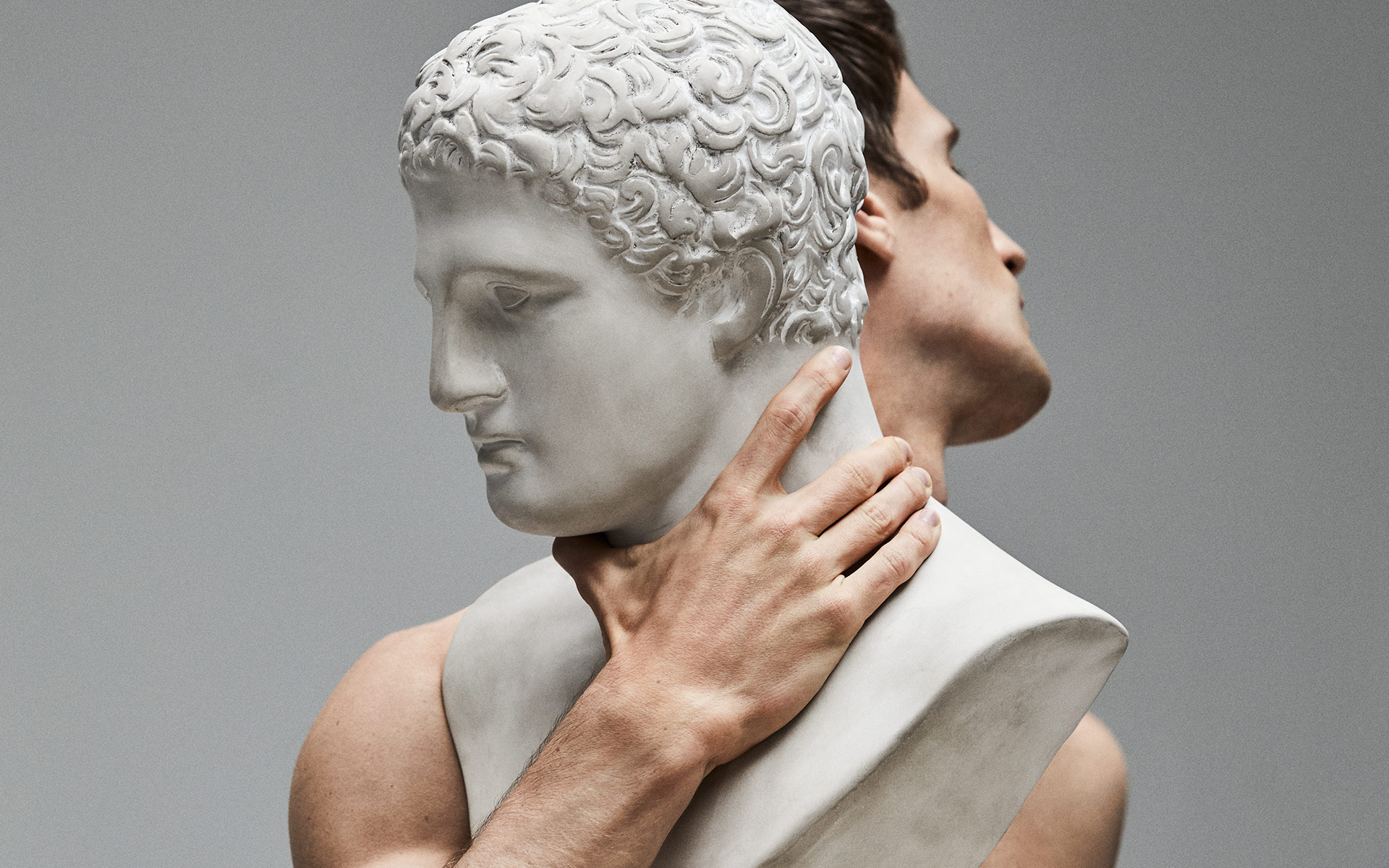
Musical conductor: Ivor Bolton
Stage Director: Claus Guth
The Teatro Real begins what will be a special season, one which commemorates the Bicentennial of its foundation, along with the 20th anniversary of its re-opening. It is an occasion to stage important titles in the history of opera which have not been seen on stage, or recoup others which have been performed in the past. A case in point is Mozart’s Lucio Silla. The Madrid stage curtain will rise on this opera for the first time ever on September 13.
Lucio Silla will be conducted by Ivor Bolton, a Mozart expert and Musical Director of the Teatro Real. The stage direction is by Claus Guth. The Principal Orchestra of the Teatro Real will be in the pit and the two casts are led by Kurt Streit and Benjamin Bruns, in the role of the tyrant Silla. Joining them are Patricia Petibon, Julie Fuchs, Silvia Tro Santafé and María José Moreno, among others.
Artistic Team
- Musical conductor Ivor Bolton
- Stage Director Claus Guth
- Responsable de la reposición Tine Buyse
- Set and costume design Christian Schmidt
- Dramaturgy Ronny Dietrich
- Lighting Manfred Voss
- Chorus Conductor Andrés Máspero
- Assistant musical conductor Francesc Prat
- Assistant stage director Marco Berriel
- Assistant costume designer Ulrike Zimmermann
- Lighting Assistant Nicolas Fischtel
- Maestro repetidor Bernard Robertson
- Harpsichordist Roderick Shaw
- Supervision de Dicción Paola Larini
Cast
Spanish, English
Dramma per musica in three acts
Music by Wolfgang Amadeus Mozart (1756-1791)
Libretto by Giovanni de Gamerra
Premiered at the Teatro Regio Ducal of Milan on 26 December 1772
Premiere at the Teatro Real
New production by the Teatro Real
Artistic information
Creative team
Releases
Patron friends
30 June
2017Subscribers friend
05 July
2017Tickets on sale
10 July
2017Performances
- Date/hour
- Space
- Cast
- Subscription ticket
13 September 2017
21:00
Main Auditorium
15 September 2017
21:00
Main Auditorium
16 September 2017
21:00
Main Auditorium
17 September 2017
21:00
Main Auditorium
18 September 2017
21:00
Main Auditorium
20 September 2017
21:00
Main Auditorium
21 September 2017
21:00
Main Auditorium
22 September 2017
21:00
Main Auditorium
23 September 2017
21:00
Main Auditorium
Cultural activities
Enfoques
07
September
2017
20:15
En torno a Lucio Silla
José Luis Téllez desgrana al público interesado las claves de la ópera todos los días de función, 45 minutos antes de la misma. Sala Gayarre. Aforo limitado.
08
September
2017
Los domingos de Cámara
Concierto a cargo de los solistas de la Orquesta Titular del Teatro Real. Domingo, 17 de septiembre, 12.00 h. Sala principal.
17
September
2017
12:00
Proyección
Proyección de Nannerl, la hermana de Mozart. 19 de septiembre de 2017, 17:30h.
19
September
2017
17:30
Visitas Guiadas Temáticas. MUSEO ARQUEÓLOGICO NACIONAL
Roma. 15, 19 y 21 de septiembre de 2017.
15
September
2017
Are you an Amigo del Teatro Real yet?
Live the Teatro Real experience beyond its wonderful productions and you will contribute to elevating our institutional project.






